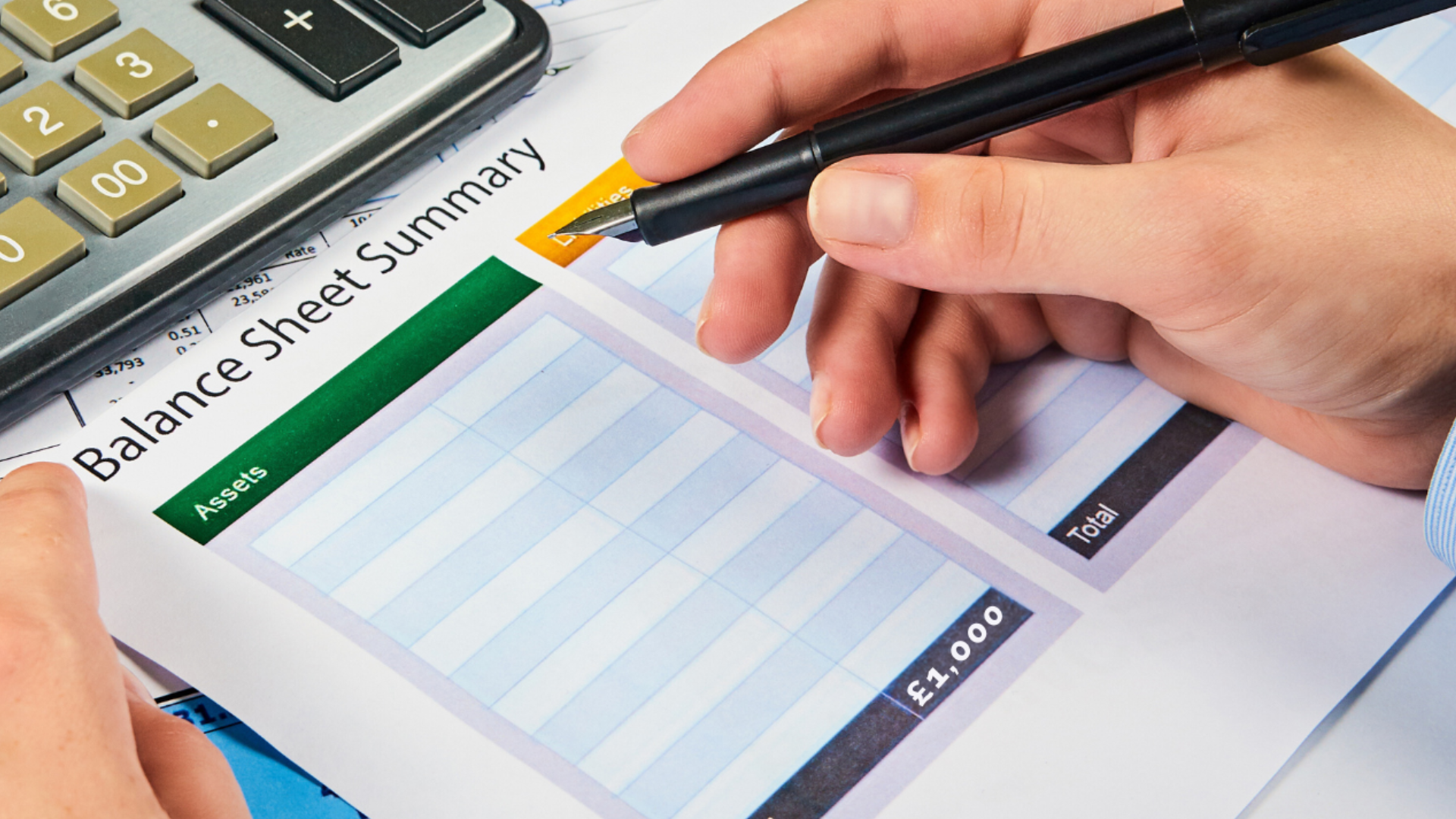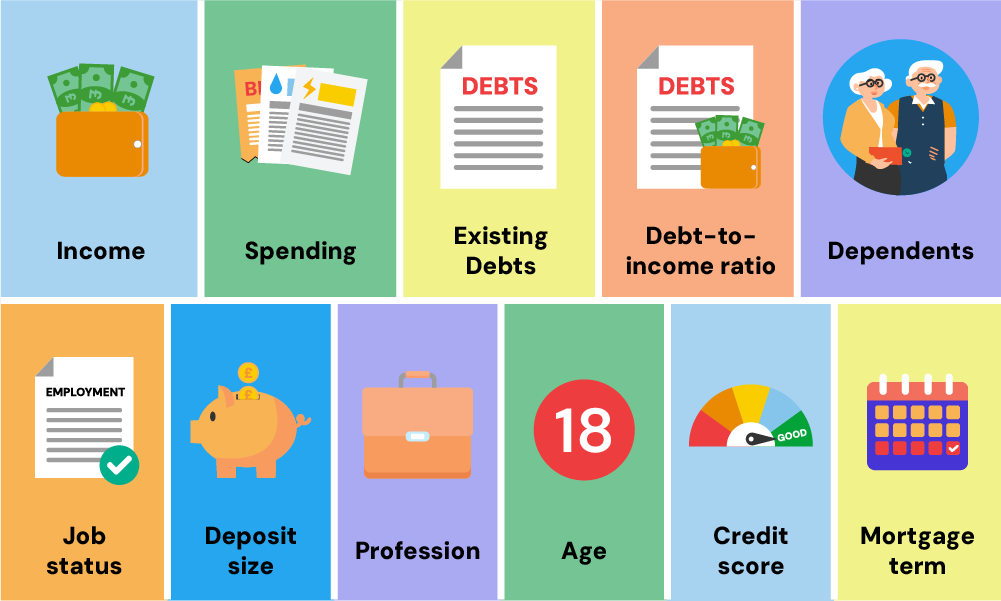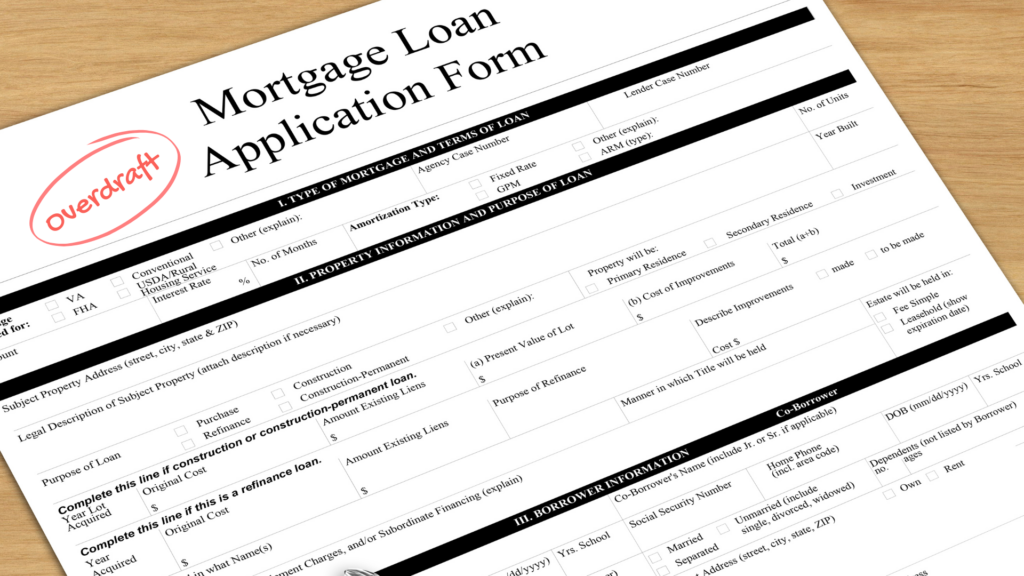- What Mortgage Can You Get for £1,000 a Month?
- How Big a Mortgage Can I Get For £1,000 per Month?
- What If I Have a Larger Budget?
- What Affects How Much You Can Borrow?
- How Different Mortgages Affect Your Monthly Payments
- What If I Have a Poor Credit History?
- What Can I Do to Improve My Mortgage Options?
- Key Takeaways
- The Bottom Line
Mortgage Affordability: £1,000 a Month Explained

When you’re thinking about buying a home, one of the first things you’ll consider is how much you can afford each month.
If £1,000 a month is your budget, you’re probably wondering, “What mortgage can I get for £1,000 a month in the UK?” 🤔
This article will explain exactly what you need to know to make the most of that £1,000.
What Mortgage Can You Get for £1,000 a Month?
It’s not as simple as it sounds.
You might think that if you can afford £1,000 a month, you can get a mortgage for that much. But it doesn’t work like that.
Lenders don’t just look at how much you want to pay each month – they look at the bigger picture.
Here’s what matters to lenders:
- Your income – They’ll usually lend you between 4 and 4.5 times your annual salary. Some might be more generous, but that depends on your situation.
- Your outgoings – This includes everything from credit card bills to gym memberships. The more you spend, the less you can borrow.
- Your deposit – A bigger deposit often means you can borrow more.
So, while you might be aiming for £1,000 a month, the amount you can actually borrow depends on what lenders think you can afford.
How Lenders Calculate Affordability: An Example
Lenders typically use a multiple of your income to work out how much you can borrow.
And as we’ve discussed, this is often between 4 and 4.5 times your annual income.
If you earn £50,000 a year, a lender might offer you a mortgage of between £200,000 and £225,000.
But remember, this is just a starting point.
Lenders will also consider your monthly outgoings. These include things like:
- Credit card payments
- Car loans
- Other debts
- Monthly bills (like utilities, phone, and internet)
The more you spend each month, the less you’ll be able to borrow.
How Big a Mortgage Can I Get For £1,000 per Month?
To give you a clearer picture, let’s look at some examples of what a £1,000-a-month mortgage might get you:
- £1,000 a month at 4% interest – If you can find a mortgage deal with a 4% interest rate and you have a 10% deposit, you might be able to borrow around £189,500 over 25 years.
- £1,000 a month at 5% interest – If interest rates are higher at 5%, you could probably borrow about £171,000.
- £1,000 a month at 6% interest – If interest rates rise to 6%, you might only be able to borrow around £155,200.
As you can see, interest rates make a big difference. Even a small change can affect how much you can borrow.
That’s why it’s important to shop around for the best deal.
What If I Have a Larger Budget?
If you can stretch your budget slightly—say to £1,200 a month—the amount you can borrow increases. For instance:
- £1,200 a Month at 4% Interest – You could potentially borrow up to £227,300 over 25 years.
- £1,200 a Month at 5% Interest – This might allow you to borrow around £205,300.
- £1,200 a Month at 6% Interest – Your borrowing could still reach around £186,300.
As you can see, a bit extra each month can make a big difference to how much you can borrow.
Remember: These are just estimates. Your actual situation will affect how much you can get.
Use the mortgage calculator to see your monthly repayments based on factors like loan amount, interest rate, and mortgage term.
Next, let’s talk about other factors that can influence how much you can borrow, like your deposit and credit score.
What Affects How Much You Can Borrow?
It’s not just about your income and outgoings. Lenders look at the whole picture when deciding what you can borrow.
Here are some key factors:
- Your deposit – The more you can save, the better. A bigger deposit often means better interest rates and a higher chance of getting a mortgage.
- Your credit score – A good credit history helps you get better deals. A bad one might mean higher interest rates, which could affect how much you can borrow.
- Loan-to-Value (LTV) – If you’re borrowing a smaller percentage of the house price, you’re usually seen as a lower risk. This can mean better interest rates.
- Mortgage Term – A longer mortgage term means lower monthly payments, but you’ll pay more interest overall. A shorter term means higher monthly payments, but you’ll pay less interest.
- Your job – Some jobs are seen as more stable than others. This can affect what you can borrow. Self-employed people might find it harder to get a mortgage.
- Your age – Younger people often get offered longer mortgage terms. Older people might have to pay their mortgage off sooner.

How Different Mortgages Affect Your Monthly Payments
The type of mortgage you choose can make a big difference to what you pay each month.
- Repayment mortgage: This is the most common type. You pay back a bit of the loan, plus the interest, each month. Over time, you own more and more of your home.
- Interest-only mortgage: You only pay the interest each month. This means your payments are lower, but you still owe the whole amount at the end. You’ll need a plan to pay this off.
- Buy-to-let mortgage: If you’re buying a property to rent out, you’ll need a buy-to-let mortgage. These often have higher interest rates and you usually need a bigger deposit. This might mean your monthly payments are higher.
It’s important to understand the differences between these types of mortgages to figure out what’s best for you.
What If I Have a Poor Credit History?
Don’t worry if your credit history isn’t great. You can still get a mortgage, but it might be a bit trickier.
There are lenders who specialise in helping people with bad credit, but you might have to pay a higher interest rate.
This means you might not be able to borrow as much to stay within your £1,000-a-month budget.
An experienced mortgage broker can be a real lifesaver in this situation. They know which lenders are more likely to say yes to you, and they can help you find the best deal.

What Can I Do to Improve My Mortgage Options?
If you’re keen to maximise your borrowing potential while sticking to a £1,000-a-month budget, here are a few tips:
- Improve your credit score – Pay off debts, use your credit cards wisely, and make sure you’re on the electoral roll. A good credit score can help you get better deals.
- Save a bigger deposit – The more you can save, the better. A bigger deposit often means lower interest rates.
- Consider a longer mortgage term – Spreading your payments over a longer time means lower monthly payments. But remember, you’ll pay more interest overall.
- Use a mortgage broker – A good broker can help you find the best deal and deal with the paperwork.
Key Takeaways
- Lenders decide mortgage offers based on your income, expenses, deposit, credit score, and job stability—not just your monthly payment.
- Your mortgage type—repayment, interest-only, or buy-to-let—impacts your monthly costs and borrowing limit.
- With poor credit, you can still get a mortgage, but expect higher rates and lower borrowing amounts.
- To improve your options, save more for a deposit, increase your credit score, and consider a longer mortgage term.
The Bottom Line
Getting a mortgage for £1,000 a month is possible, but what you can actually borrow depends on a few things.
Your income, how good your credit is, how much you can save for a deposit, and the type of mortgage you go for all make a difference.
To get the best deal, it’s a good idea to understand how lenders work out what you can afford. Improving your finances will also help.
Remember, buying a home is a big deal.
Take your time.
Do your research and make sure you’re happy with your decision before you commit to anything.
A good mortgage broker can be a real help. They know the market and can find you the best deal.
With a bit of planning and the right advice, you can find a mortgage that fits your £1,000 budget.
Want to save time and money? Contact us. We can put you in touch with a mortgage expert for free.
Get Matched With Your Dream Mortgage Advisor...

Frequently asked questions
What is the monthly payment on a £100,000 mortgage?
The exact amount you’ll pay each month for a £100,000 mortgage depends on two main things:
- Interest rate: This is how much the lender charges you to borrow the money.
- Mortgage term: This is how long you’ll take to pay back the loan.
For example, if you borrow £100,000 over 25 years:
- At a 4% interest rate, you might pay around £528 a month.
- At a 5% interest rate, you might pay about £585 a month.
- At a 6% interest rate, you could be looking at around £644 a month.
These are just estimates. The actual amount can change based on other factors, like any fees or charges.
If you could only afford a mortgage payment of £1000/month, how much house could you buy?
With a 25-year mortgage term and a 10% deposit, you might afford a home priced between £170,000 and £200,000, depending on interest rates between 4% and 6%. Your exact budget will also depend on your income, credit score, and other financial factors.




